In response to the U.S. government’s stop-work order on USAID funding, civil society organizations (CSOs) in the northern region have convened to evaluate its impact on communities, share experiences, and explore alternative funding sources.
This gathering serves as a platform to showcase their resilience and innovative strategies in overcoming the challenges posed by the funding halt, with a strong focus on the path forward.
Civil society organizations (CSOs) are grappling with uncertainty, fearing that the abrupt suspension of USAID funding could undermine the progress they’ve worked hard to achieve. Stakeholders warn that without swift intervention, the valuable gains made so far risk being eroded.
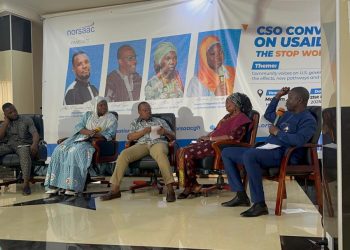
The funding halt has thrown many organizations into disarray, resulting in job losses and interruptions to essential development programs. This stop-work order stems from U.S. authorities’ concerns over excessive spending, which they claim does not align with the interests of the American people.
Nearly three weeks into the suspension, CSOs in the region remain uncertain about the outcomes following the 90-day review period.
Speaking on the issue, Mohammed Awal Alhassan, Executive Director of Norsaac, highlighted that northern Ghana has been the largest beneficiary of USAID funding — receiving over $200 million in support.
“With this type of challenge, there will be a need for the sector to be given attention, to look at how to mobilize resources to fill the gap. Otherwise, we will widen the gap that currently exists between the north and south, and I think it is not something that we want to see.”
Some CSOs attributed the current funding freeze to the previous administration’s “Ghana Beyond Aid” policy, arguing that public declarations should be backed by concrete policy actions. They urged the government to focus on achieving tangible results rather than making broad policy statements.
Hardi Tijani expressed concerns that USAID funding might not return to its previous form, potentially having a long-term impact on Ghana’s ability to meet the Sustainable Development Goals (SDGs) by 2030.
“The USAID will not come back the same. Countries, including Ghana, need to include their civil society to come together and work towards reorganizing and also looking at the development trajectory generally and how to reallocate resources to areas that they are not doing so well with so that we can meet the target of the country in terms of the SDG goals set.”
Despite these challenges, CSOs have commended the president for engaging with the finance minister on the issue. However, they are also looking at alternative funding sources. If USAID does not resume its support after 90 days, they hope to collaborate in mobilizing resources from other donors to sustain stalled projects.



































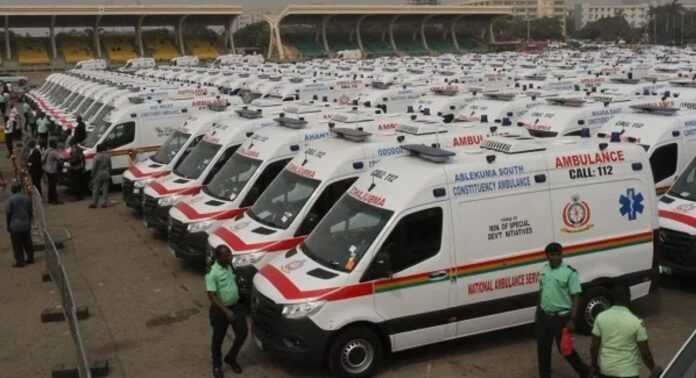
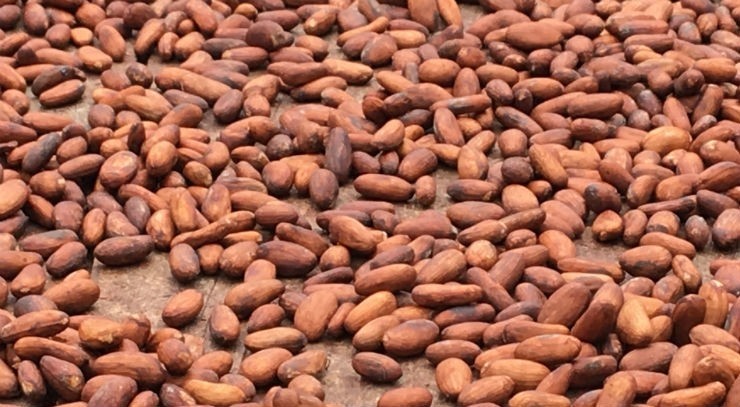



















![[FREE FREE MONEY] Predict and Win a Guaranteed GH¢200 From Us EVERY WEEK](https://wordpress.ghanatalksradio.com/wp-content/uploads/2022/02/Predict-and-Win-Final-09-03-2021-218x150.jpg)
![[Predict & Win – 8th/Oct.] WIN A Guaranteed ¢200 From Us This Week](https://wordpress.ghanatalksradio.com/wp-content/uploads/2021/10/maxresdefault-16-218x150.jpg)
![[Predict & Win – 2nd] WIN A Guaranteed ¢200 From Us This Week](https://wordpress.ghanatalksradio.com/wp-content/uploads/2021/09/maxresdefault-50-218x150.jpg)
![[Predict & Win – 25th] WIN A Guaranteed ¢200 From Us This Week](https://wordpress.ghanatalksradio.com/wp-content/uploads/2021/09/maxresdefault-36-218x150.jpg)
![[Predict & Win – 18th] WIN A Guaranteed ¢200 From Us This Week](https://wordpress.ghanatalksradio.com/wp-content/uploads/2021/09/maxresdefault-23-218x150.jpg)
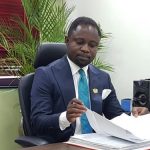
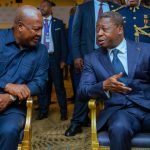




![[National cathedral] See full list of churches that have contributed since 2018](https://wordpress.ghanatalksradio.com/wp-content/uploads/2020/09/Ghana-National-Cathedral-GhanaTalksRadio-100x70.jpg)

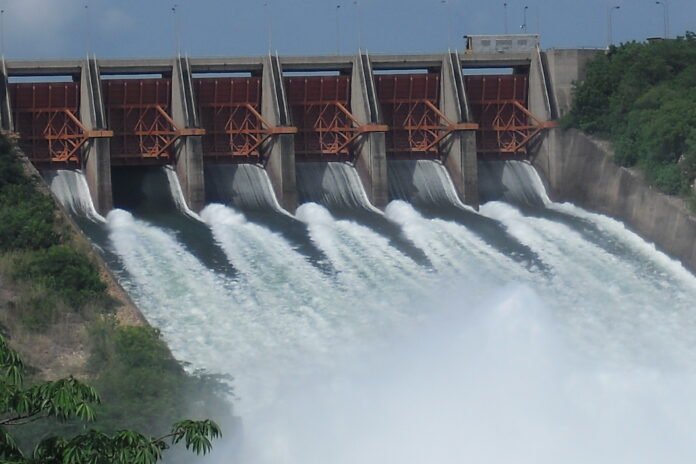
![[W/E-07/01/22] DAILY NEWS SUMMARY: Bitcoin Tumbles, U.S-Japan Vs China, Alec Baldwin, more](https://wordpress.ghanatalksradio.com/wp-content/uploads/2022/01/sddefault-2-100x70.jpg)